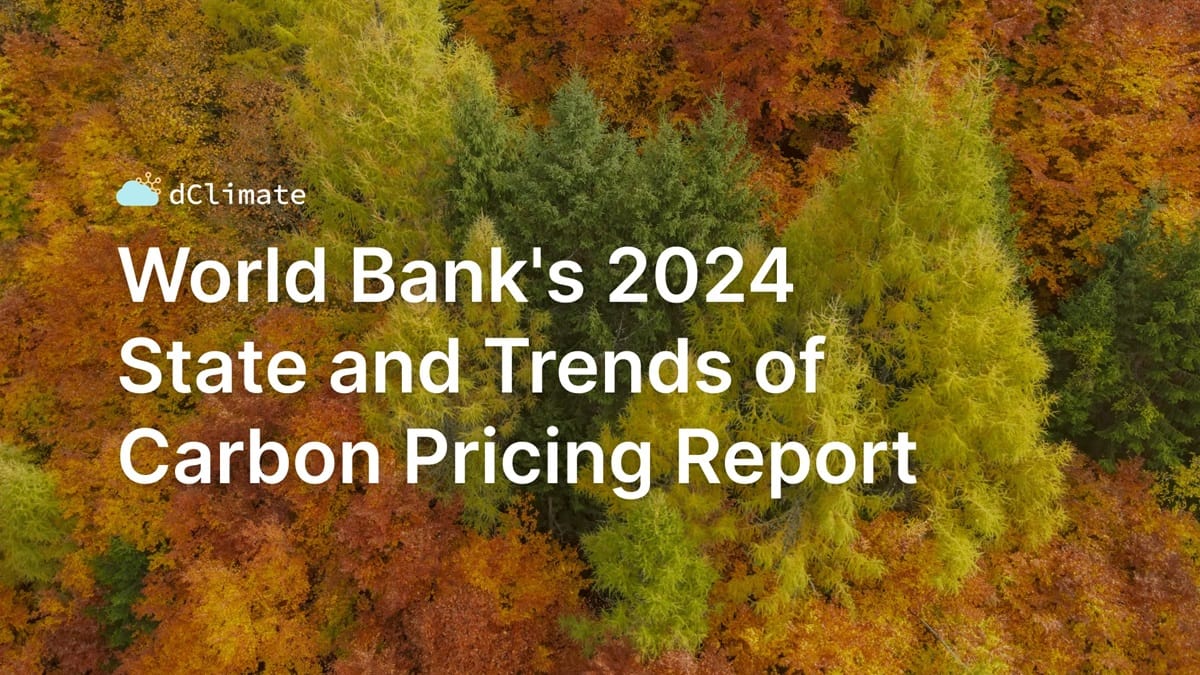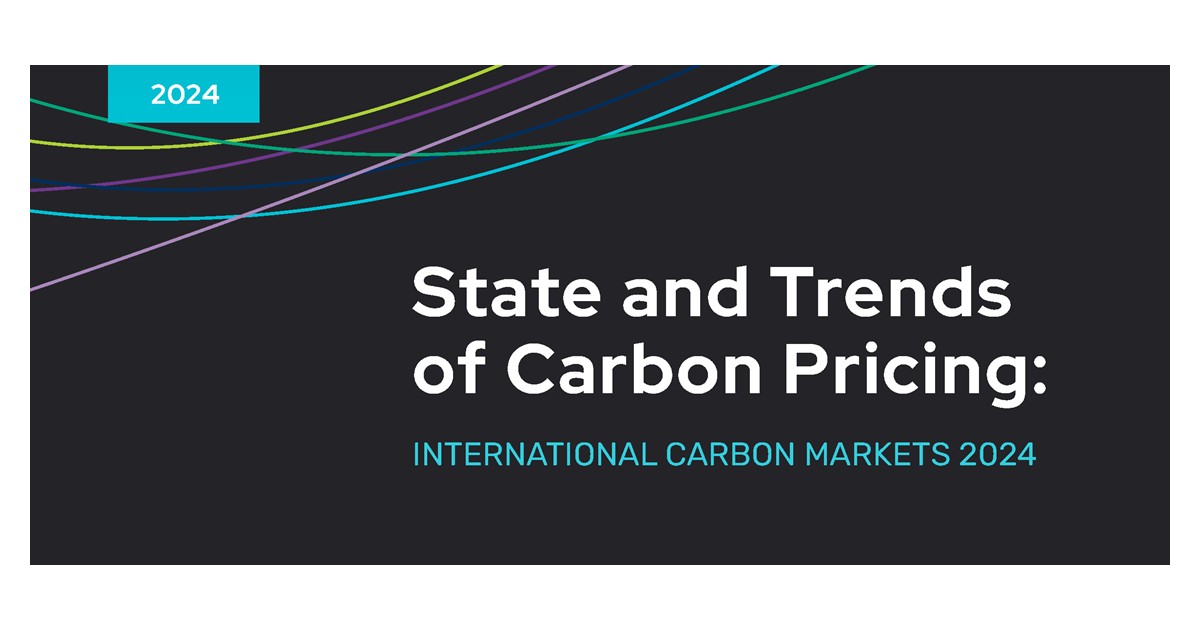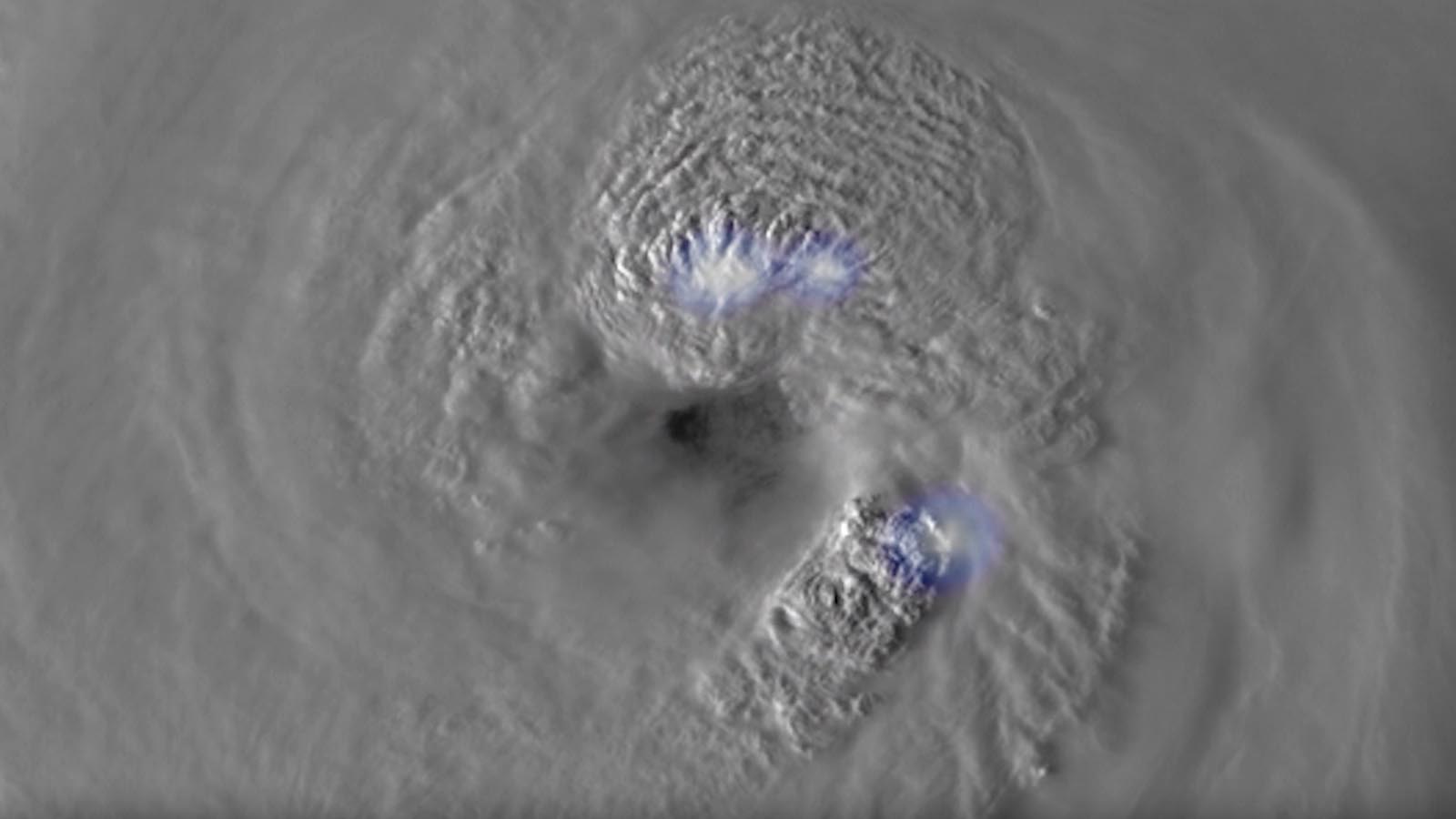Data ReFined #41: World Bank's 2024 State and Trends of Carbon Pricing Report

⛅ Data ReFined is dClimate's biweekly newsletter, delivering the latest insights on carbon finance in the voluntary carbon market (VCM), climate risk management, and climate intelligence.
In this edition:
Carbon Finance & Digital MRV
🌳 World Bank's 2024 Report on the State and Trends of Carbon Pricing
🌳 Abatable’s 2024 VCM Investment Attractiveness Index
🌳 Verra and Citi Partner to Boost Carbon Market Engagement
Climate Risk Management
🛡️ How Climate Change Likely Intensified Hurricane Helene
🛡️ South America’s Forest Fires Explained in Six Graphics
🛡️ River Channel Conveyance and Flood Risk
Climate Data & Intelligence
🌎 NASA's Updated Climate Data Processing System
🌎 European Space Agency's New Strategy for Earth Observation
🌎 The Power of AI in Climate Modelling and Beyond
Scroll down for our summaries of this news! 👇
Subscribe here and join over 4000+ readers!

World Bank's 2024 Report on the State and Trends of Carbon Pricing
High-integrity carbon markets can help finance climate action in developing countries, but several bottlenecks remain. The new report published by the World Bank assesses the progress made on these obstacles and proposes strategies to unlock the full potential of carbon markets.
For more information, read the report here:

Abatable’s 2024 VCM Investment Attractiveness Index
Abatable has updated its ranking of the top 40 most promising countries for voluntary carbon market (VCM) investments. The index evaluates key factors such as regulatory frameworks, natural resource potential for carbon credits, and project development landscapes. Read more
Verra and Citi Partner to Boost Carbon Market Engagement
During Climate Week NYC, Verra and Citi announced their partnership to expand access to carbon markets by focusing on boosting transparency and increasing investments in sustainable projects. The initiative supports climate action by encouraging corporate participation in high-quality carbon markets. Read more

How Climate Change Likely Intensified Hurricane Helene
AccuWeather's latest estimate for Hurricane Helene's total damage and economic impact is between $145 billion and $160 billion. Most of this damage stems from flooding, which is often not covered under standard homeowner insurance policies, unlike wind-related damage.
Climate change likely worsened Hurricane Helene in four ways: stronger winds, increased rainfall, more rapid intensification, and higher storm surge damage. Warmer ocean waters, driven by rising global temperatures, intensified winds by 4-5%, increasing the hurricane's destructive potential by 40-50%.
Find more detailed insights via the article below:

South America’s Forest Fires Explained in Six Graphics
According to data from the Brazilian National Institute for Space Research (INPE), the 2024 fire season in the Amazon has been one of the worst in recent years, with a significant increase in fires compared to the previous year. A recent article from the WRI contains six data visualizations to provide historical context. Read more
River Channel Conveyance and Flood Risk
New research suggests current flood models may underestimate risk by overlooking changes in river channel capacity caused by sediment buildup after extreme events like Typhoon Morakot in Taiwan. This sediment accumulation reduces a river's capacity to hold water, increasing flood risk. Read more

NASA's Updated Climate Data Processing System
NASA has shared an update about its progress towards a foundational and common data processing system for all satellite missions. The article emphasizes the importance of open and accessible data for fostering innovation and collaboration in Earth science research and applications.
Read the full article below:

European Space Agency's New Strategy for Earth Observation
ESA's updated science strategy focuses on understanding the interconnections within the Earth system, moving beyond traditional domain-specific research. The strategy includes six thematic objectives: the water cycle, the carbon cycle and chemistry, energy fluxes, ecosystem health, extremes and hazards, and interfaces and coupling in the Earth system. Read more
The Power of AI in Climate Modelling and Beyond
The ARC Centre of Excellence for Climate Extremes published an article explaining the benefits of leveraging artificial intelligence in climate science, highlighting how AI can improve climate models by reducing computational costs, increasing accuracy, and better representing sub-grid scale processes. Read more
Thank You For Reading Our Newsletter! 💙
We greatly appreciate your interest and support! If you enjoyed this newsletter, please consider forwarding it to your network to increase awareness of these critical climate topics.
About dClimate
dClimate’s decentralized and open climate data infrastructure powers a wide range of applications, including climate risk assessments, parametric insurance, and climate intelligence platforms for carbon and commodity markets.
⛅ Visit our website | 📊 Discover our products
Join the dClimate Community!
We welcome your comments, feedback, and likes. Follow us on the channels below to stay updated and start building in our decentralized climate data ecosystem. 👇




